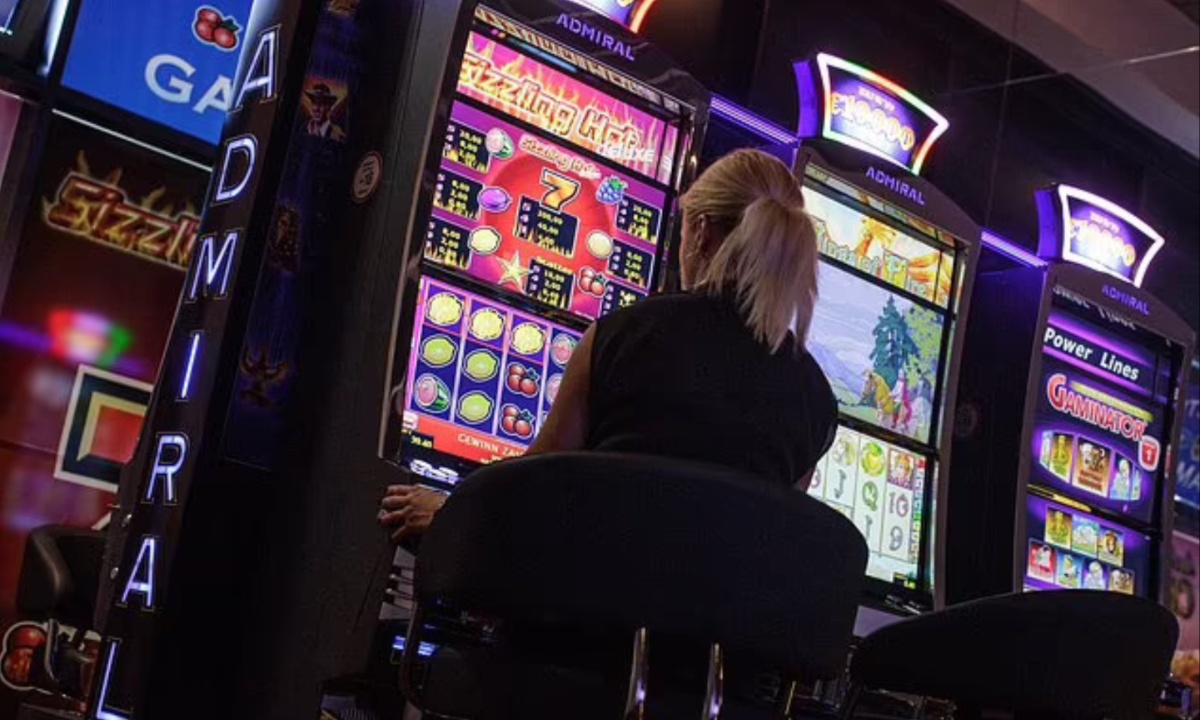Britain’s high streets are increasingly dominated by over 300 adult gaming centers operating slot machines around the clock. Despite warnings about the potential risks these venues pose to vulnerable gamblers, these centers have proliferated in empty retail spaces throughout the country.
Major operators like Merkur and Admiral have expanded their operations significantly in recent years, with more than 500 locations across Britain now running 24/7. The rapid expansion has sparked concerns among local residents and campaigners who have struggled to prevent new centers from opening.
Local opposition to these venues has been robust, but council planning committees have often failed to reject applications. This has led to calls from campaigners for stricter regulations and greater powers for councils to assess the overall impact of gambling establishments on communities.
Nick Harvey from the charity Gambling with Lives, which supports families affected by gambling-related suicides, has criticized the expansion, emphasizing that slot machines are highly addictive and detrimental to local communities.

Britain’s High Streets Overrun by 247 Slot Machine Centers as Concerns Grow and Calls for Stricter Regulations Intensify
The Association of Directors of Public Health and the Local Government Association have joined the call for new regulatory powers to curb the spread of these 24-hour slot machine centers.
Their concerns come as the Gambling Commission is set to release new research on gambling harm, which may show a higher rate of problem gambling than previously reported. This highlights a growing awareness of the issue and the need for more robust measures to protect at-risk individuals.
Recent events have illustrated the contentious nature of these centers. For example, a planning application for a new Merkur Slots center in Eltham, southeast London, faced significant opposition from residents and local politicians. Despite these objections, Merkur’s appeal against the council’s refusal reflects ongoing tensions and the challenges in regulating these venues effectively.
Proponents of the slot machine industry argue that these centers are a part of the nightlife economy and are subject to strict regulations. They contend that staff are trained to identify problem gamblers and that the machines are low-stake and highly regulated.
However, critics argue that these measures are insufficient and that the centers contribute to severe social issues, including debt and relationship problems, underscoring the need for more comprehensive oversight and regulatory reform.











































